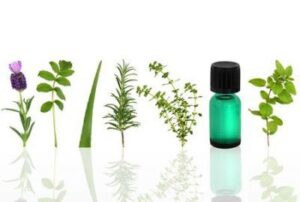What is Dehydration?
Dehydration is the loss of water and essential salts that your body needs in order to function properly. When more water and salts leave the body than the amount coming in, dehydration can quickly occur. Our bodies are largely made up of water with it comprising up to 75% of our body weight.
It is therefore no surprise that dehydration can be a serious condition, especially in infants, children and the elderly. Dehydration can be caused by a number of factors and conditions, although the most common causes of dehydration include not drinking enough water, strenuous physical activity, vomiting or diarrhea, and consumption of alcohol.
When dehydration occurs, it causes a number of unpleasant symptoms which vary depending on the severity. While thirst is one of the obvious first effects, it is not always an accurate gauge of the bodies need for water, especially in young children or the elderly.
Symptoms to look out for include:
What Causes Dehydration?
Dehydration occurs when not enough fluids are being taken in or too much fluid is being lost, and it is often a combination of the two.
There are a number of things that can contribute to dehydration including:
- not drinking enough water throughout the day
- diarrhea
- vomiting
- excessive sweating
- hot temperatures
- burns
- consumption of alcohol
Diagnosing Dehydration
Diagnosing dehydration will involve a detailed history and description of symptoms as well as a thorough examination in order to rule out other conditions and determine the underlying cause. In some cases, blood tests may be performed to determine if there are any electrolyte abnormalities.
The following symptoms could be signs of severe
dehydration which is medical emergency:
Help for Dehydration
The treatment of dehydration involves replacing lost fluids and the means of doing this will often depend on factors such as age and severity of the condition. In many cases, treating dehydration will simply involve drinking more water and avoiding certain foods and beverages, such as alcohol, coffee and high salt foods. Other treatments include sports drinks to replace lost electrolytes and oral rehydration solutions, and in more serious cases intravenous fluids may be necessary.
Natural Remedies
While drinking water is the first step to rehydration, there are also a number of natural ingredients that can ease some of the symptoms of dehydration while helping the body to restore balance of essential electrolytes.
Ingredients such as Calc Phos. and Mag phos help to reduce the muscle cramps so commonly associated with dehydration, while Rux tox can be used to ease stiffness and joint pain. Nux vom. helps restore important salts lost during dehydration, reduce muscle cramps and is especially good for those that become dehydrated from drinking too much coffee and alcohol.
Other useful ingredients include Kali phos. which helps to ease the nerves and is very beneficial for those suffering from physical and mental exhaustion. Lastly, Chamomilla and China both help to treat headaches often caused by dehydration while also working to calm the nervous system.

